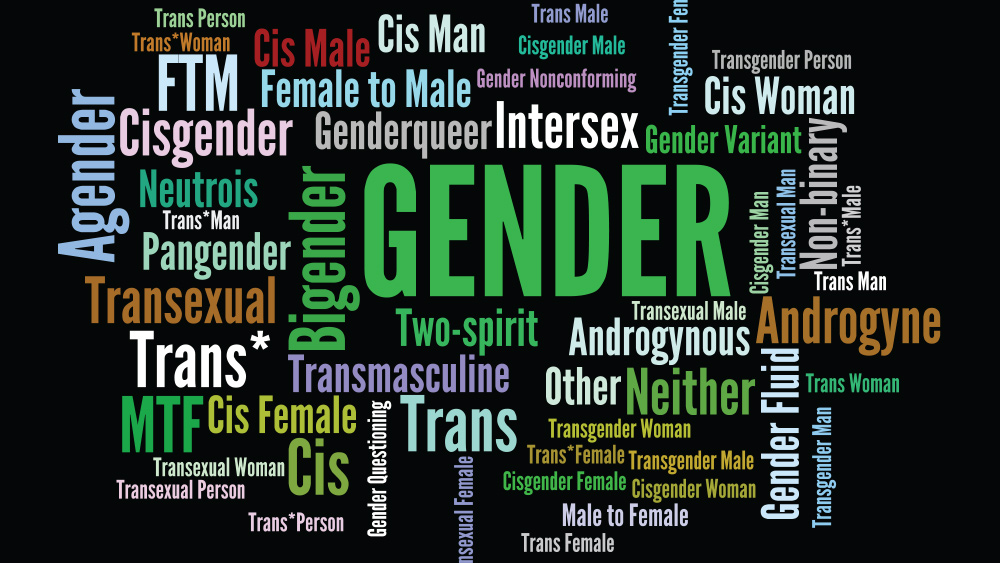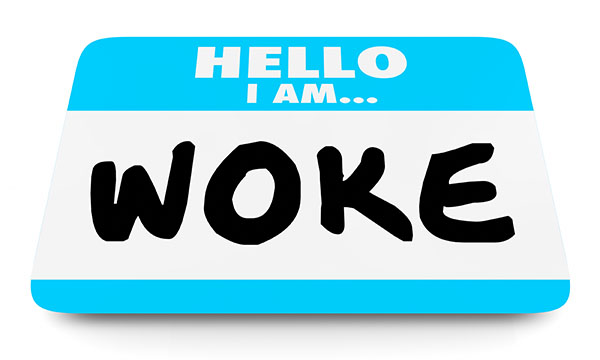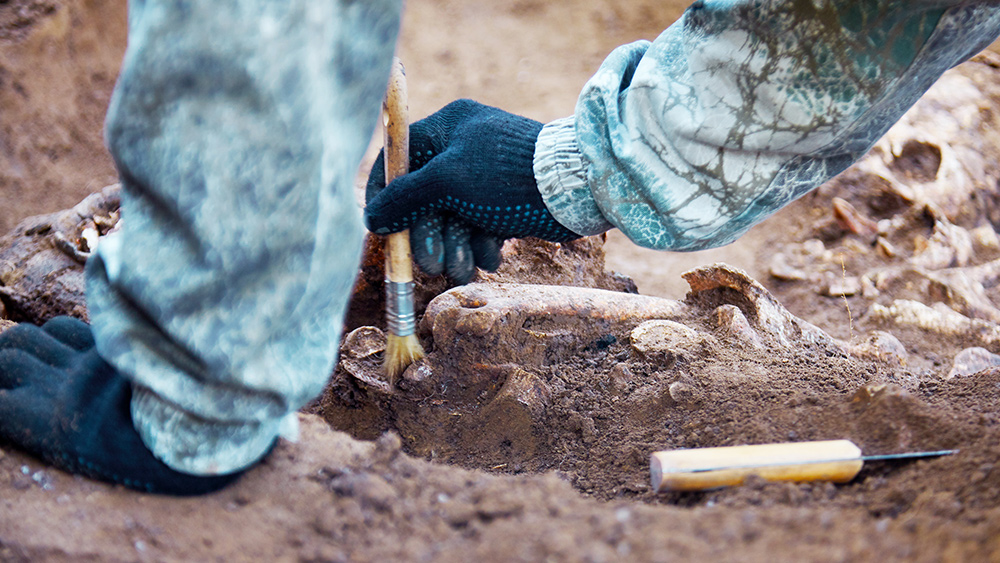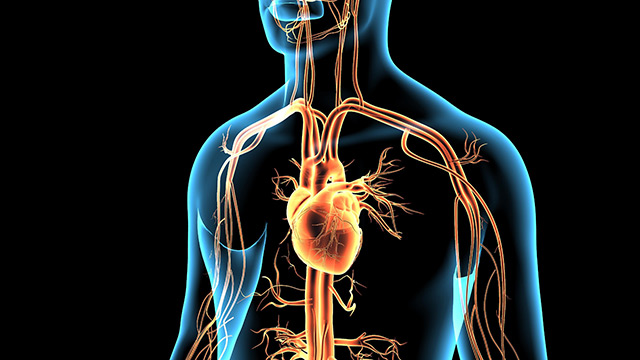Study: Women exposed to triclosan have a greater risk of developing osteoporosis
03/28/2024 / By Olivia Cook
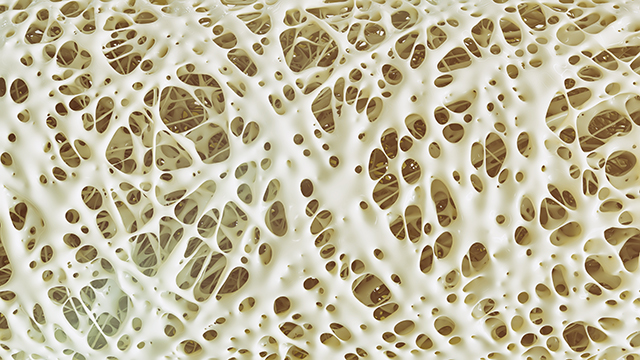
Triclosan, a chemical found in antibacterial soaps and other products such as toothpaste, mouthwash and cosmetics, is linked to lower bone density in women, studies suggest. Already banned in products in the United States, the research suggests that those with higher levels of triclosan in their urine were more likely to develop bone issues such as osteoporosis.
According to the study published in the Journal of Clinical Endocrinology and Metabolism, little is known about the relationship between triclosan and bone health.
The author of the study, Yingjun Li, from the Hangzhou Medical College School of Public Health in China, said: “Laboratory studies have demonstrated that triclosan may have potential to adversely affect the bone mineral density in cell lines or in animals. As far as we know, this is the first epidemiological study to investigate the association between triclosan exposure with bone mineral density and osteoporosis in a nationally representative sample of US adult women.” (Related: Triclosan may be harmful to health, says FDA.)
FDA bans triclosan in America
In 2016, the Food and Drug Administration banned triclosan from antiseptic and antibacterial products like hand rubs and hand soaps. It declared that hot water and regular cleansers are as effective in killing germs as triclosan. Unilever, for instance, phased out triclosan from its range of products in response to consumer demand.
Traces of triclosan can also be found in clothing, kitchenware, furniture and toys. An endocrine disruptor, triclosan is referred to as “gender-bending” because it is thought to alter hormones by mimicking or blocking them.
Triclosan can be absorbed in the body orally or by skin absorption. In 2008, a study by the Centers for Disease Control and Prevention found triclosan in the urine of nearly 75 percent of the people tested. The agency stated that animal studies showed that exposure to high doses of the chemical may decrease levels of thyroid hormones as well.
An industry group called the Personal Care Products Council noted that there are several limitations to the study, including its inability to prove the cause and effect link and taking only a single sample of urine from women. The authors also acknowledged that future studies are necessary to validate the findings.
However, experts believe that the health risks tied to the chemical still mean that you should avoid it when possible, as the study provided cautionary data on possible potential effects from exposure.
Rolf Halden, director of the Biodesign Center for Environmental Health Engineering at Arizona State University said that despite the ban of triclosan from most personal care products, there are still opportunities for unwanted human exposure due to a large spectrum of consumer products with significant quantities of the chemical.
However, consumers can still limit their exposure to the chemical by avoiding products and cosmetic brands that contain triclosan.
Read more about the dangerous ingredients in everyday products at Chemicals.news.
The video below explains some natural treatments for osteoporosis.
This video is from the Holistic Herbalist channel on Brighteon.com.
More related stories:
Triclosan found to induce liver cancer in scientific study.
Triclosan in antibacterial soaps, toothpaste has never received safety approval from FDA.
Natural antibacterial alternatives to triclosan and other toxic chemicals.
Sources include:
Submit a correction >>
Tagged Under:
antibacterial, Antimicrobial, antiseptic, banned, bone health, disease causes, health science, osteoporosis, personal care, poison, real investigations, research, toxic chemicals, toxic ingredients, toxins, triclosan, women's health
This article may contain statements that reflect the opinion of the author
RECENT NEWS & ARTICLES
COPYRIGHT © 2017 RESEARCH NEWS


